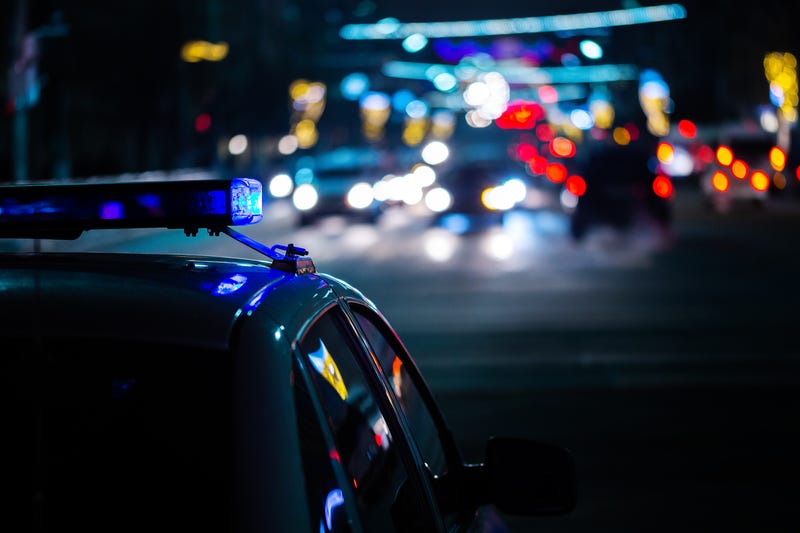
A new state law allowing judges to grant diversion to first-time misdemeanor DUI offenders has created significant confusion in the legal community, as well as what some have said is unfair treatment between defendants.
The misdemeanor diversion program, introduced last year as AB 3234 by Assemblymember Phil Ting of San Francisco, has permitted offenders to avoid jail time and even have arrests wiped from their records. Confusion arose from the fact that the law appeared to conflict with existing portions of state code, and gave judges too much leeway in deciding which cases it applied to.
“It’s like a wildfire going through the courts,” Lara Gressley, a Riverside criminal defense attorney specializing in DUI cases told The San Bernardino Sun.
District attorneys in Riverside, Los Angeles and Sacramento counties have all launched challenges to the law in state appellate courts.
The program was intended to essentially pause a first-time defendant’s case in the court system for one to two years, during which time he or she must have completed certain judge-mandated programs, like attending Alcoholics Anonymous meetings or doing community service.
Critics of the law have said it conflicts with existing procedural rules within the state Vehicle Code. Division 11.5 of the code reads “prior to acquittal or conviction, the court shall neither suspend nor stay the proceedings for the purpose of allowing the accused person to attend or participate [...] in any education, training or treatment programs,” such as traffic school or drug and alcohol rehabilitation.
In July, a three-judge panel in Riverside County Superior Court’s appellate division affirmed that DUI defendants were indeed eligible for pretrial diversion under the new law.
That decision followed on the heels of an L.A. County Superior Court appellate decision which held that DUI defendants did not qualify for diversion.
Meanwhile, Orange County Superior Court appellate panels have concluded on numerous occasions that first-time misdemeanor DUI offenses do not qualify for diversion, with some declining to hear petitions on the subject all together, citing existing confusion in the law.
Others have warned that judicial discretion in application of the diversion program has produced vastly disparate treatment of defendants accused of the same crimes.
In a California Supreme Court petition challenging the law, Lara Gressley wrote that there have been at least ten DUI cases decided in eight state superior courts since enactment of AB 3234 in which five first-time defendants were granted diversion and five were denied.
“The lack of guidance on the questions has resulted in inconsistent rulings throughout the state,” Gressley wrote.
California lawmakers have responded in an effort to clarify the bill’s effect. SB 421, introduced by State Senator Steven Bradford of Gardena, would limit diversion to defendants who not only have no convictions for DUI on their records, but have also not completed diversion for DUI within 10 years.
For those granted diversion, SB 421 would require installation of a ignition-disabling breathalyzer in defendants’ vehicles, as well as their participation in education and counseling programs.

